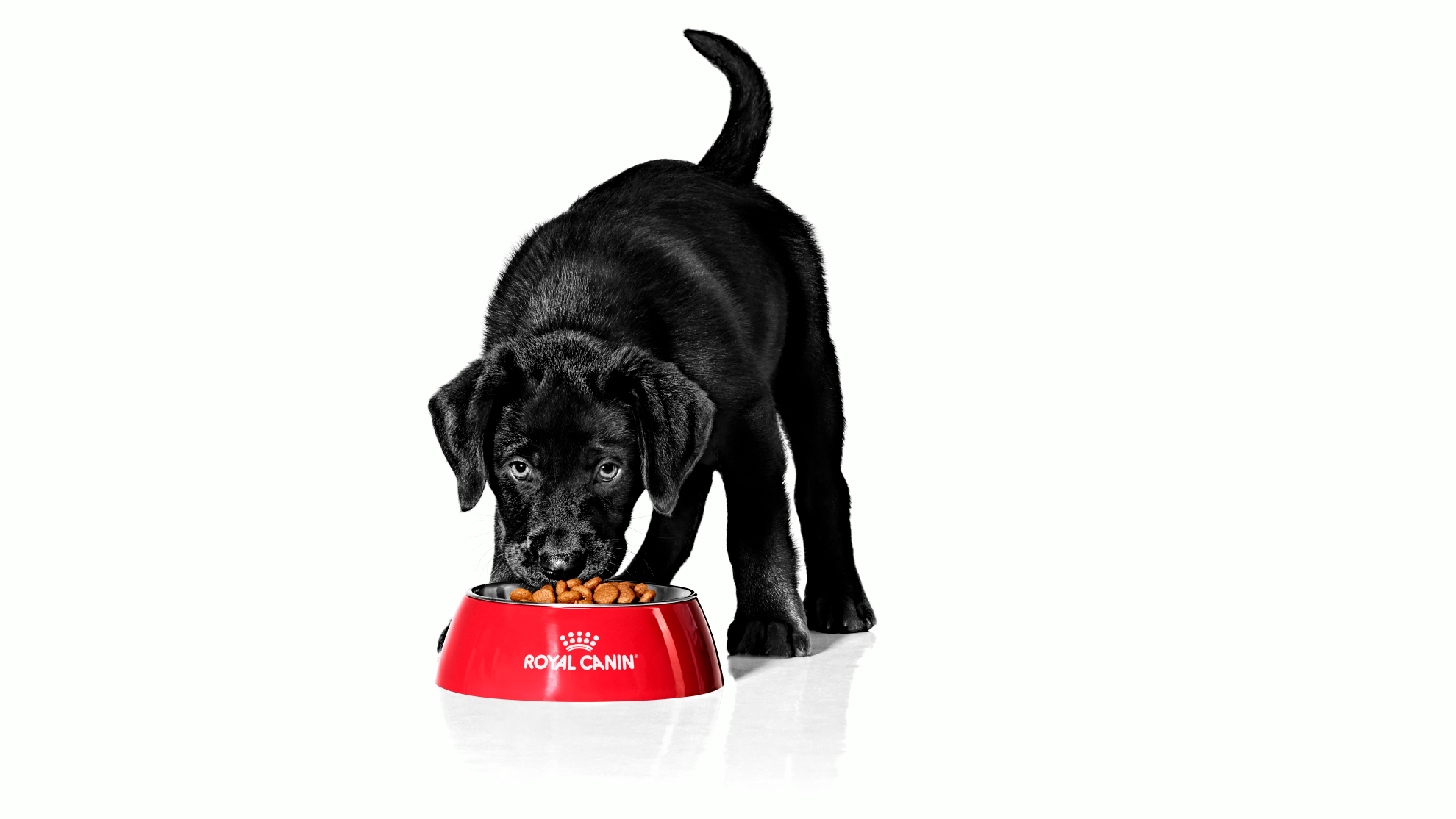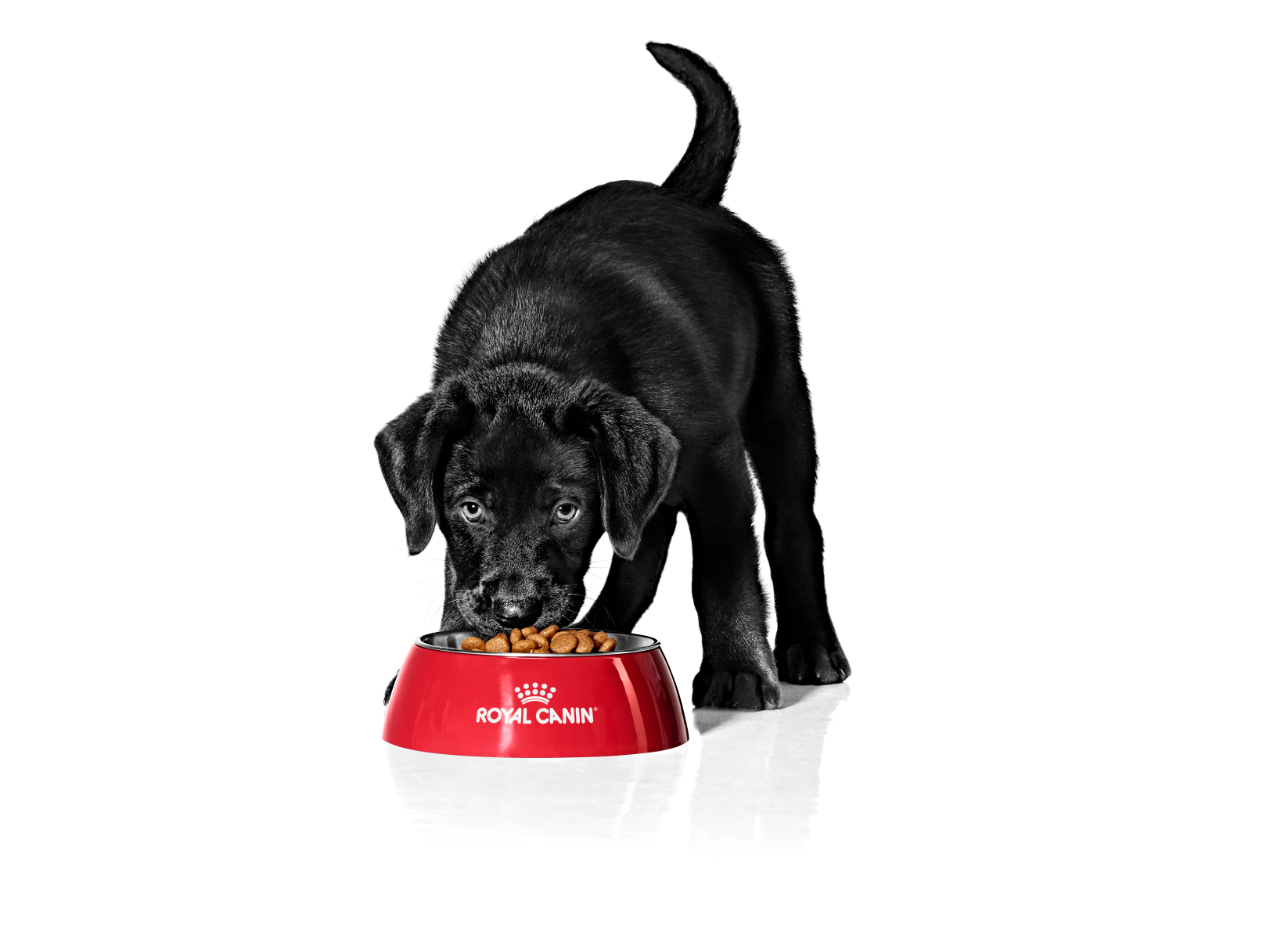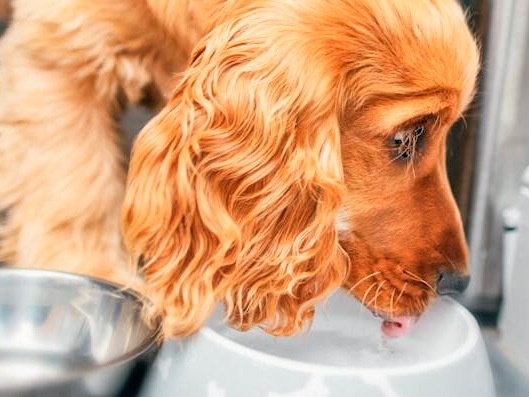How often should you feed a puppy?
Many new puppy parents wonder how often to feed a puppy due to their unique nutritional needs. Providing them with a balanced diet is essential as it supports both their physical growth and brain development. Learning how often to feed alongside what nutrients are required will help you take the best care of your new puppy.

How often should you feed a puppy
How often you should feed your puppy varies depending on what stage of development they are in:
An important tip about portion sizes: The daily amount recommended by your vet, or the food manufacturer, should be split between all the daily meals to avoid overfeeding. If you use treats for training, those calories should be taken out of your puppy’s daily food portions.
What is a typical puppy feeding schedule?
If you are unsure of when to split out your puppy’s meal throughout the day, here is an example of a 4-meal schedule (6-12 weeks):
Wake up
Walk/exercise
First meal (Consider the gap between the walk and meal as it can cause bloat and lead to numerous stomach problems for your puppy. This could include swollen stomach, vomiting, drooling and restlessness).
Second meal of the day
Afternoon walk/exercise
Third meal of the day
Walk 3/exercise
Last meal of the day
Wake up
Walk/exercise
First meal (Consider the gap between the walk and meal as it can cause bloat and lead to numerous stomach problems for your puppy. This could include swollen stomach, vomiting, drooling and restlessness).
Second meal of the day
Afternoon walk/exercise
Third meal of the day
Walk 3/exercise
Last meal of the day
Puppy feeding tips
When feeding your puppy, you should:
- Feed them at the same time each day.
- Feed them at the same place every day.
- Feed them as soon as you get home.
Feeding your puppy as soon as you get home can go hand in hand as their excitement to see you can tie in with the relief of having a meal. However, if you have any doubts regarding your puppy’s nutritional needs then contact your veterinarian.
Diet transition schedule
If your puppy is experiencing excessive gas or loose stools, then portion sizes or changes in food may be needed. Also, make sure your puppy has fresh water as hydration contributes massively to the absorption of nutrients.
Related articles
Like & share this page

